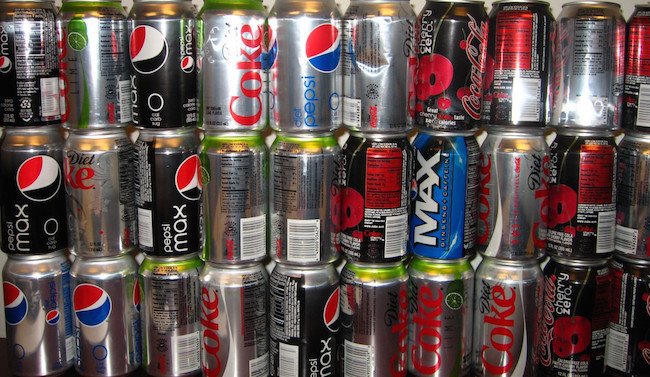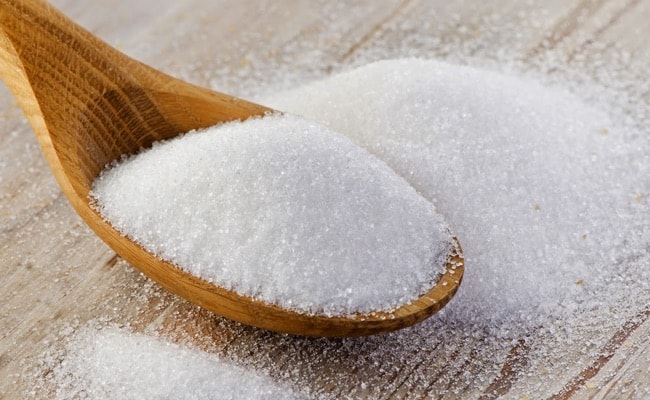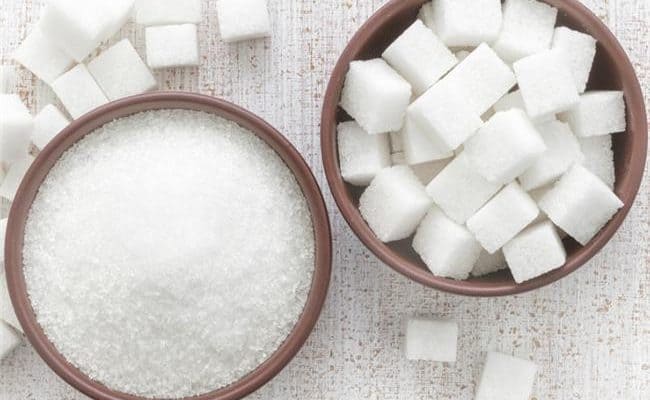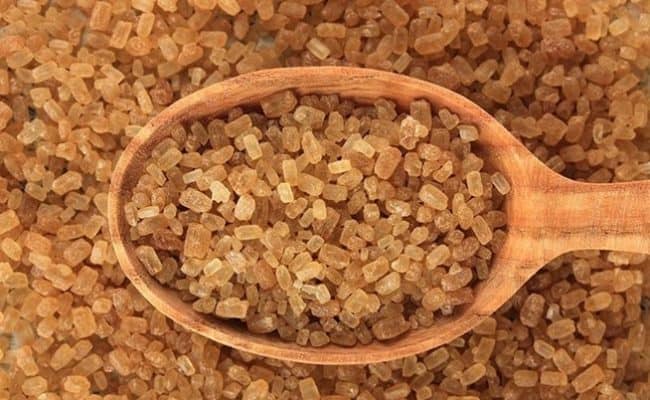
According to the Centers for Disease Control and Prevention (CDC) from 2010, about one fifth of the population drinks diet soda per day. Compared to data from 1999-2000, people are drinking more diet soda.
The concerns for having a diet high in added sugar are numerous including increasing risk for type 2 diabetes and obesity. Non-calorie sweeteners were produced to try get around these health risks while still being able to enjoy something sweet without the sugar or calories.
However, more conclusions from research is pointing to the direction that drinking diet soda, which is a main source of non-calorie sweeteners, may not be healthy and may increase risk for certain diseases.
The reasons why diet soda may be bad for you include increasing risk for obesity, type 2 diabetes, increasing desire for sweet tastes and may alter gut bacteria.
Increase desire for sweet
Artificial sweeteners are intensely sweet: sometimes thousands of times sweeter than regular table sugar. Even though you only need a small amount because they are so sweet, over time this could alter your sweet preference. Constantly eating or drinking intensely sweet things, like diet soda, may increase risk for sweet cravings.
Another recent concern with artificial sweeteners in diet soda is the metabolic affect it has in the body. When we eat regular sugar, the brain “registers” this as being satisfied. Insulin is also released as a natural consequence.
However, when artificial sweeteners are ingested, the brain does not “register” this the same way with regular sugar, and this may lead to some confusion in the body. Some researchers also suggest switching between sugar and artificial sugar may alter the hormone release affecting blood sugar and blood pressure.
Increase food intake?
As mentioned, intensely sweet things, like diet soda, may increase appetite and cravings for sweets. Diet sodas are usually used in place during weight loss as a way to cut calories from sugary sodas. Does drinking diet soda really help with weight loss though? Not according to some research including a 2014 study.
Researchers analyzed food intake from about 24,000 adults from the National Health and Nutrition Examination Survey. They found that overweight and obese adults drink more diet sodas than healthy weight adults, and consume more calories from food compared to adults who drink soda with sugar.
While this is only an observational study, it does suggest drinking diet soda may not help with weight loss. Also, drinking diet soda may be associated with other food intake patterns that promote weight gain.
However, a 2013 study showed that short term intake of diet sodas, compared with water, did not increases preference for sweets. There may be a length of time associated with diet soda impacting food intake, and more research needs to be done in this area.
Increase risk for diabetes?
Non calorie sweeteners and diet sodas continue to be a go to source for people with type 1 and 2 diabetes. However, a 2009 study concluded that, compared to not drinking diet soda, at least daily consumption of diet soda had an increased risk of 36% for metabolic syndrome and 67% increased relative risk for type 2 diabetes.
This study was also an observational study and does not show a causality. However, it does raise the question if people at risk for diabetes or who already have diabetes should consume diet sodas. If you have specific questions regarding your risk for diabetes and drinking diet soda, talk with your health care provider for individual information.
Health halo effect
There are many reasons why diet soda may affect food intake, appetite and hormone regulation in the body. One rationale for why diet soda may affect food intake is the health halo effect. This effect can go for any food or beverage people view as healthy.
Since diet soda is calorie and sugar free, sometimes people may use this as an excuse for justifying splurging in other areas. For example, if ordering diet soda with a meal, you may justify getting dessert because of the calories you “saved” by drinking diet soda.
Gut bacteria
The relationship between gut bacteria and how it influences human health is a fast growing area of research. A 2014 study suggests the impact diet soda has on gut bacteria for why diet soda may influence food intake, obesity and diabetes risk.
Diet influences the bacteria humans have in the large intestine. Since the sweeteners in diet soda go largely undigested through gastrointestinal tract, when it reaches the large intestine gut bacteria may be influenced by these non-calorie sweeteners. Somehow when the gut bacteria encounter nutrients from diet soda, it may increase risk for glucose intolerance for the person.
More research is needed in this area, but the negative relationship diet soda has on gut bacteria may be a reason why diet soda may increase risk for type 2 diabetes and alter appetite.
Conclusion
Some observational studies indicate that drinking diet soda may increase risk for being overweight, metabolic syndrome and type 2 diabetes. Diet soda was originally thought to help these health conditions, but these research conclusions suggest otherwise.
More research is needed for details in this area such as how much diet soda may be harmful and how long you have been drinking diet soda. If you have specific questions for diet soda and your individual health, speak with your health care provider.
References used in this article










